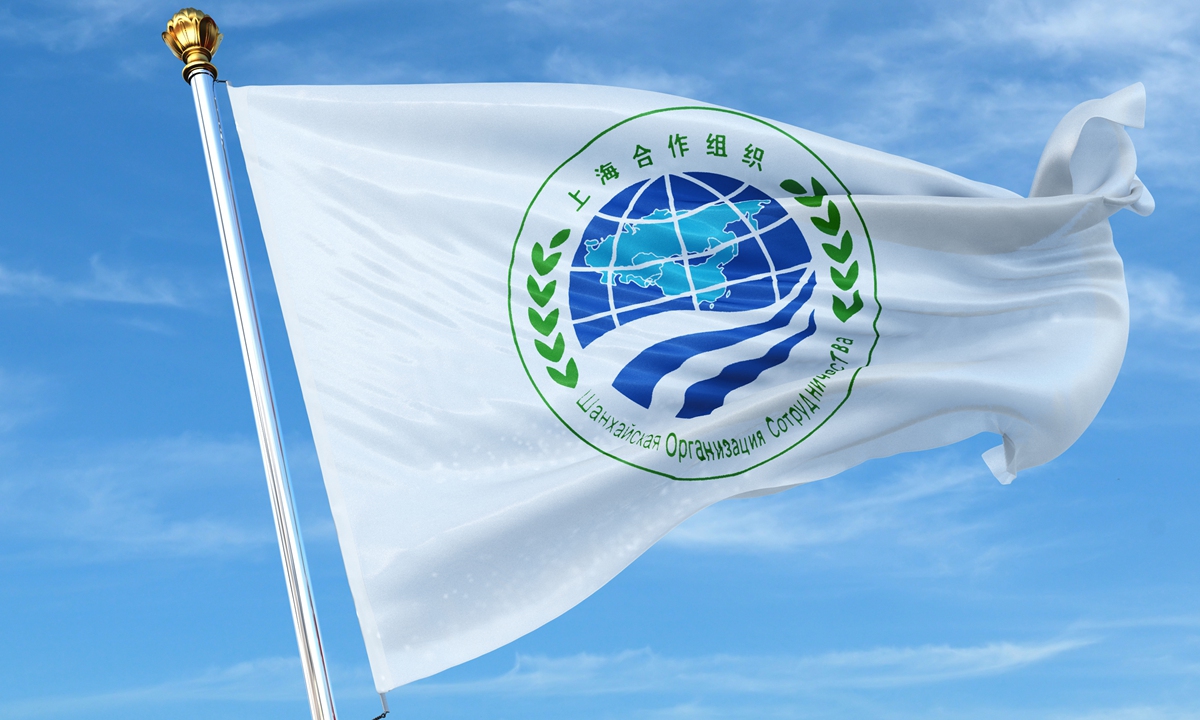
The potential of the Việt Nam-China-Russia International Railway Line
By Rhod Mackenzie
A seminar on the utilisation of the potential of the Việt Nam-China-Russia international intermodal rail transport route was conducted in Moscow.
The Vietnamese Embassy in Russia organised the event, which had a participation of 200 representatives from pertinent agencies of the three nations and was held both in-person and online.
The event allowed businesses and government agencies to gain a comprehensive understanding of the current status of transport operations along the international intermodal route spanning from Vietnam to China and Russia. Participants also explored strategies for maximizing the enormous potential of this pivotal route, especially amidst the ever-changing geopolitical landscape; and encouraged cooperation to expand trade relations among the nations.
The 17 presentations given at the conference highlighted the promising prospects of this transport corridor. As Vietnam becomes a logistics hub in Southeast Asia, this railway route is in a position to enable the transportation of goods in both directions between Russia and Southeast Asia.
The presentations emphasized the importance of relevant parties collaborating to develop the route into a practical alternative to congested maritime transport routes.
Around 1,500 containers are transported by rail annually from Vietnam to Russia. Due to economic challenges, the volume of containers transported to Russia via railway had fallen to 1,015 in the previous year, and only 555 in the first ten months of this year.
The ambassador to Russia, Đặng Minh Khôi, suggested the workshop was an excellent opportunity to explore solutions for the efficient use of this route, emphasizing its vast potential for success, while proposing that any underlying difficulties could be resolved via a three-party cooperative mechanism.
According to Roman Andropov, the head of the business development department in Vietnam for the Russian Railways Logistics JSC (RZD), the company has made every effort to maintain and increase the volume of rail transport.
He emphasised the need for the three countries to foster closer collaboration in order to capitalise on the time efficiency and safety benefits of this mode of transport.
Đỗ Nam Trung, Consul General of Vietnam in Nanning, China, clearly stated that relations between Vietnam, China, and Russia are flourishing.
These countries have favourable weather, terrain, and human conditions which offer excellent opportunities for enhancing cooperation in the railway sector.
Although rail transportation faces challenges, the challenges present opportunities for cooperation, he emphasized.
Several delegates analysed challenges in the rail transport industry, such as competing with sea transport attributable to lower costs, causing insufficient capacity in rail transport.
Nguyễn Huy Hiền, deputy director of the Việt Nam Railway Authority, Ministry of Transport of Việt Nam, pointed out infrastructure limitations that made intermodal transport difficult.
Lack of information about each other was one of the obstacles in implementing co-operative projects, he said.
Transport enterprises did not have a large enough volume of goods to organise continuous container trains, he added.
There was not enough cargo flow to take advantage of two-way roads. The payment issue between Russia and Việt Nam until now has had certain difficulties due to the volatile global situation since the beginning of last year.
